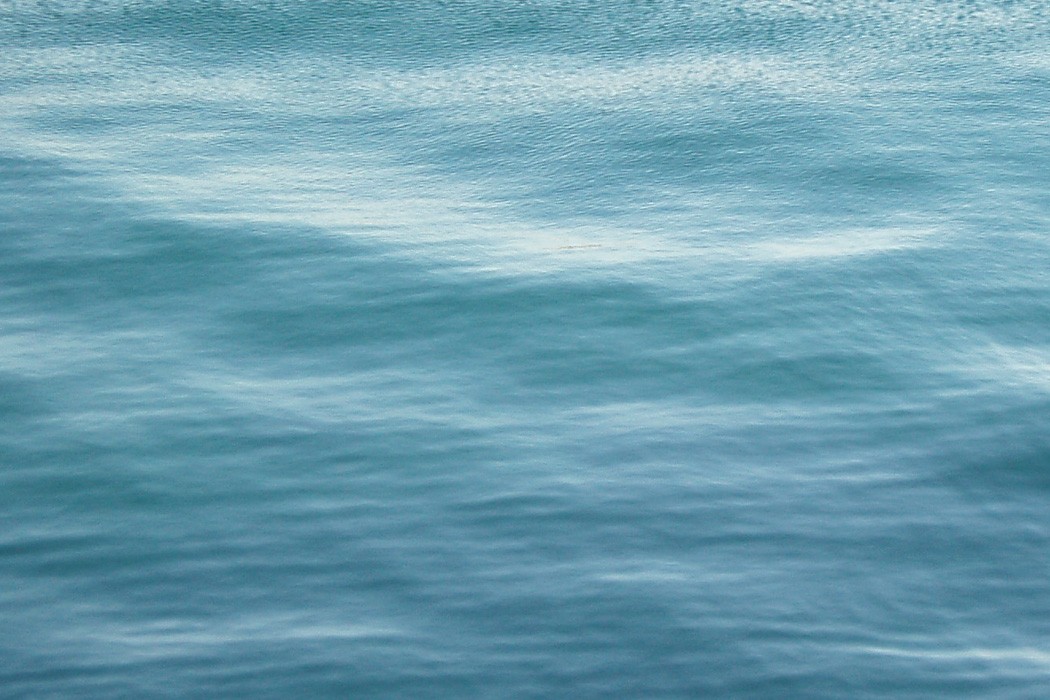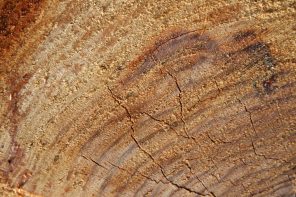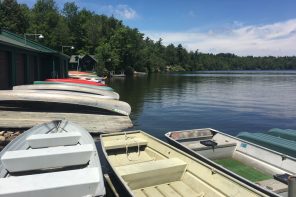Before the sixth grade, my world was small. I lived in the same house and walked to our K-6 school, at the edge of my neighborhood, in Hampton, Virginia. The big events in life were Christmas, summer, and visits to and from our grandparents.
Visits from my grandparents on either side couldn’t have been more different. My dad’s parents, known as Pom Pom and Granddaddy, were warm, soft places to land, and weekends with them were filled with long hugs, pie, sitting close on the couch, and bedtime stories told in Pom Pom’s velvet voice. My mom’s dad visited on his own, widowed since the time I was an infant. Granddaddy was more reserved, less physically affectionate, taciturn, and frugal to a fault. To illustrate this point, as well as our relatively smooth childhood: my brother and I still mark as one of our childhood’s worst episodes the time Granddaddy made us drink the sugary discolored milk left in the bottom of the cereal bowls, so as not to waste it.
Pom Pom and Granddaddy were throwing-the-ball-around-in-the-backyard kind of people, but our other Granddaddy was a walker and he welcomed our company on his long-strided strolls to the end of our street. It was hard to keep up with him, our little legs going in double-time as he stretched his long legs out like the bug of the same name. At the time, the tallest man I knew was Granddaddy and he seemed especially so on our walks to The Seashore.
After a certain age, my brother and I walked ourselves to school and home each day. We freely roamed the few blocks nearest our house, playing in yards with friends in the age before constant parental supervision. But we never went to The Seashore without Granddaddy. We must have christened it so on our first astonished visit, discovering that the end of our street opened up into water and marsh grass and sky. When we arrived, my brother would poke at things in the shallow eddies, trying not to sink into the muck. I remember how it smelled different there, both fresh and stale, wind and salt mixed with mud and fish. That air didn’t make it down to our end of the street, all cut lawns, oil changes in the driveway, and dinners on the stove.
I don’t think of my brother and myself as overly dramatic or poetic types, but The Seashore was actually a canal, a much less evocative word, so I’m glad we didn’t know it when we named the place. The Seashore evoked adventure and a vista onto something bigger out there. It was shells, light, sound, and smell, the edge of something right there under our noses, touching our own street. “Canal” doesn’t capture any of that.
I recently learned from my study of Google Maps that The Seashore canal comes off of the Southwest Branch Back River, which joins the Northwest Branch Back River, the confluence of which flows into the Back River, which flows into the Chesapeake Bay, and then on to the Atlantic. As I panned back on the screen to see where the water would go next, I was surprised by how narrow and exposed the peninsula was, how surrounded by water. As a kid—even one who loved the easy-access beach days, travels through underwater highway tunnels, and The Seashore—I hadn’t put together the full picture. Zooming out on the computer, I could see there was practically no place not infiltrated by water. The land looks lacey on the screen but it felt more solid and protected from my childhood vantage point.
When I was 11, we moved further up the Virginia Peninsula, to Williamsburg. The ratio of land to water was greater there but it’s still a long finger of solid ground jutting between the James and York Rivers. Compared with the mountains where I live now, it’s still a marshy area, still the coast. Compared with life in Hampton, life in Williamsburg was trickier. With the move to higher ground and sixth grade, came bras, boys, popular kids. I didn’t understand the geography and couldn’t anticipate what would come next.
Granddaddy was not the type to talk about the important things directly. He was not showy, but constant. While we played at The Seashore, Granddaddy stood like a flagpole. I have no idea what he saw at the edge of our street or how far out he could see. We were busy looking down at the marsh or craning our necks to see his face. We didn’t follow his gaze. Sometimes I wonder if those walks were his way of preparing us, letting the sea and sky communicate something he couldn’t address more directly. We were just around the corner from bigger, deeper waters, a mile from our house, a long walk by little leg standards, but closer than it seemed.




